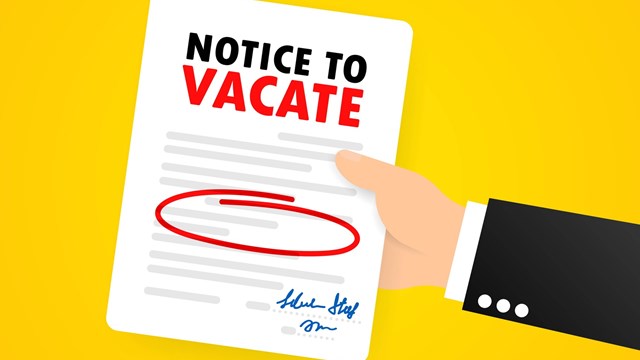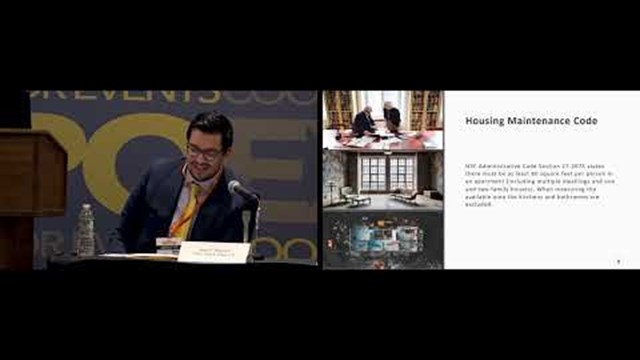
The new homeowner does not want to make the extended assessment payments (7 months) because the original assessment was made prior to her moving in. Is the new homeowner responsible for the extended seven-month assessment fee when they were not liable for the original assessment?
—Newly Assessed Homeowner
A “The new homeowner is responsible for the extended assessment. Generally, when an assessment is levied by a condominium, cooperative or HOA, the homeowner or unit owner at the time of such assessment is responsible for paying it,” according to Andrew B. Freedland, Esq. of the law firm Rosen & Livingston in Manhattan.
“However, when a unit owner sells his or her apartment, generally their attorney will rely on a form contract and a rider. The rider is tailored to each deal and may amend the terms in the form contract. That contract will determine how an ongoing assessment is apportioned between the seller and purchaser of the unit. Most residential contracts of sale state that if an assessment is paid in installments; the installments that are due after the date of closing will be paid by the purchaser. Only those installments which were due and payable prior to the closing are paid by the seller at or prior to the closing. Since the installments in the letter writer’s question are due following the closing, it is axiomatic that the new owner of the unit is responsible because his contract most likely did not anticipate an additional assessment.
“In this particular situation, the extended assessment was not in place at the time of closing. Even if the contract of sale had stated that the seller was responsible for the entire assessment, the purchaser/new unit owner would be responsible for this extended assessment as it was unknown to the parties at the time of the closing. An HOA, condominium or cooperative voting to extend an assessment is in no way different from passing a new assessment. Furthermore, the HOA has no standing to collect the assessment from the prior unit owner.
“If the new unit owner continues to refuse to pay the additional assessment, the cooperative, condominium or HOA may take legal action against the unit owner, including filing a lien against the unit and commencing a foreclosure action (HOA or condominium) or commencing a lawsuit (cooperative).”






3 Comments
Leave a Comment